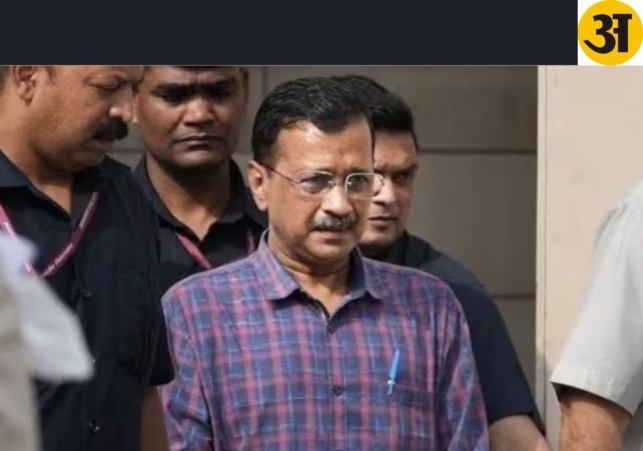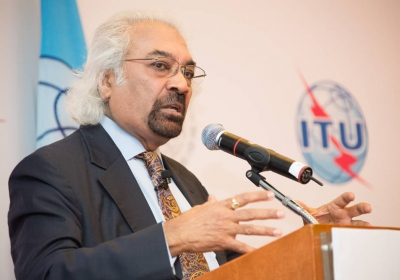
ED cites Kejriwal's conduct in SC Affidavit for arrest
ED attributes Arvind Kejriwal's arrest to alleged non-cooperation and conduct, states Affidavit in SC
The Enforcement Directorate (ED) defended its decision to arrest Delhi Chief Minister Arvind Kejriwal, stating that there were no improper reasons behind it. According to the agency, Kejriwal's behavior, characterized by what it described as a "non-cooperative attitude," contributed to the decision to arrest him.
Reasons for arrest
In its response to Kejriwal's petition against his arrest, the ED asserted that his conduct aided the investigating officer's determination that his arrest was necessary. The agency claimed that Kejriwal's actions, along with the evidence possessed by the investigating officer, justified the decision to arrest him for alleged money laundering.
The ED argued that Kejriwal's petition challenging his arrest lacked merit and that the agency's pursuit of the case had been upheld by various courts. It dismissed allegations of malice as baseless and vague, stating that the petitioner's contentions lacked substance.
The agency justified Kejriwal's arrest by stating that custodial interrogation would facilitate a more comprehensive questioning process. It accused Kejriwal of disregarding the law and being uncooperative, which hindered the investigation process.
ALSO READ: Priyanka Gandhi counters PM Modi's claims on 'mangalsutra' at Bengaluru rally
Non-Cooperative attitude
The ED criticized Kejriwal for his non-cooperative demeanor during the interrogation, noting that he evaded questions and disobeyed summonses. It emphasized that his attitude made it difficult to confront him with the evidence against him.
In response to the ED's affidavit, the Aam Aadmi Party (AAP) accused the agency of spreading falsehoods at the behest of the Bharatiya Janata Party (BJP). AAP claimed that the ED's actions were driven by political motives rather than genuine concerns about the case.
Arvind Kejriwal was arrested on March 21 in connection with a money laundering investigation related to the Delhi excise policy case. The Delhi High Court upheld his arrest on April 9, citing his repeated refusal to comply with summonses. Kejriwal subsequently appealed to the Supreme Court, which sought a response from the ED on April 15.
ALSO READ: Caste dynamics influence BJP and Congress candidate lists in election strategies
In summary, the Enforcement Directorate defended its decision to arrest Arvind Kejriwal, citing his alleged non-cooperation and the evidence against him. The case highlights the ongoing legal battle between Kejriwal and the ED, with both sides presenting their arguments before the courts.





